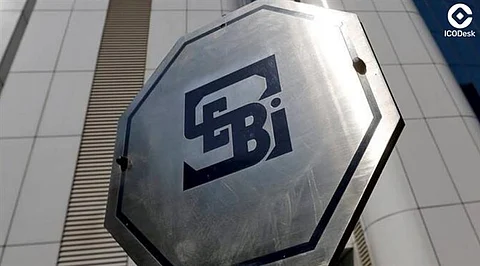BSE Under Fire as SEBI Cites Data Access and Trade Modification Failures in ₹25 Lakh Penalty
SEBI fines BSE ₹25 lakh for allowing select clients early access to corporate disclosures and failing to monitor trade modifications properly.
Bombay Stock Exchange (BSE) received a monetary penalty of ₹25 lakh from the Securities and Exchange Board of India (SEBI) because it did not treat all corporate announcements equally. In the 45-page order, SEBI said that BSE gave pre-publication access to some paid clients and members of an internal Listing Compliance Monitoring (LCM) team who were not under an obligation to keep the contents confidential, which breached the provisions of fair disclosure.
The results were due to a regulatory inspection between February 2021 and September 2022. The system architecture of BSE at this time did not serve to endorse a concomitant release of price-sensitive data to all the traders in the market. Once deciding that such selective access resulted in both a loss of transparency and an unfair information advantage, SEBI concluded the same would contravene Regulation 39(3) of the SECC Regulations, 2018.
Compliance Failures in Trade Modification Monitoring
SEBI also discovered that BSE did not exercise sufficient control over broker trade changes. Client code changes, which can be made only in cases of real faults, were not adequately checked. Brokers who regularly changed trade details were not disciplined, and BSE was not able to control error accounts properly.
Due to the lack of corrective actions and low monitoring standards, the exchange's due diligence was questioned. SEBI clarified that stock exchanges serve as the most critical level of regulation execution, particularly in regard to stock exchange conduct and data integrity. SEBI also cited BSE's inability to employ a Really Simple Syndication (RSS) feed on corporate disclosures. The tool would have created real-time and equal access to announcements. BSE had a time delay only after the inspection, which indicated the presence of gaps.
Impact on Market Fairness and Accountability
To address this, they stressed that BSE's activities had undermined investors' confidence in stock exchanges' ability to manage and report sensitive information objectively. Allowing the in-house employees and other high-paying customers to know the announcements before commencing the actions contradicts the principle of neutrality on the actions of a market bridge.
SEBI discovered that BSE failed to comply with its duties as a recognized stock exchange. It again stated that exchanges must implement compliance standards that guarantee fair access to material information. The fine indicates a broader move towards enhancing market equity and rectifying structural gaps in the Indian financial system.

